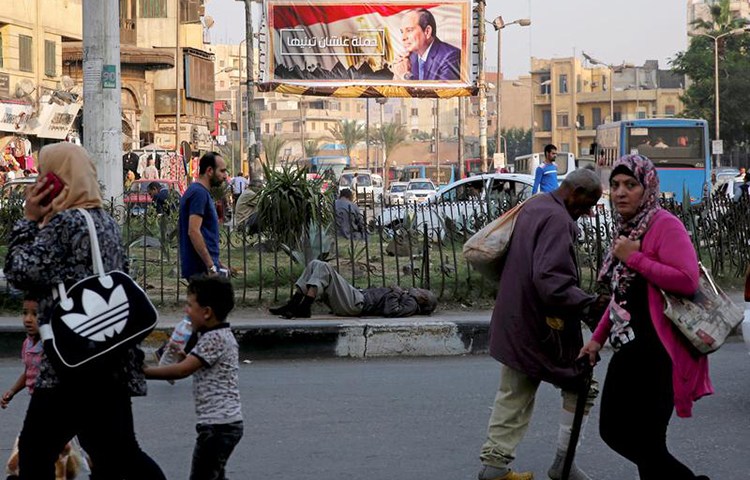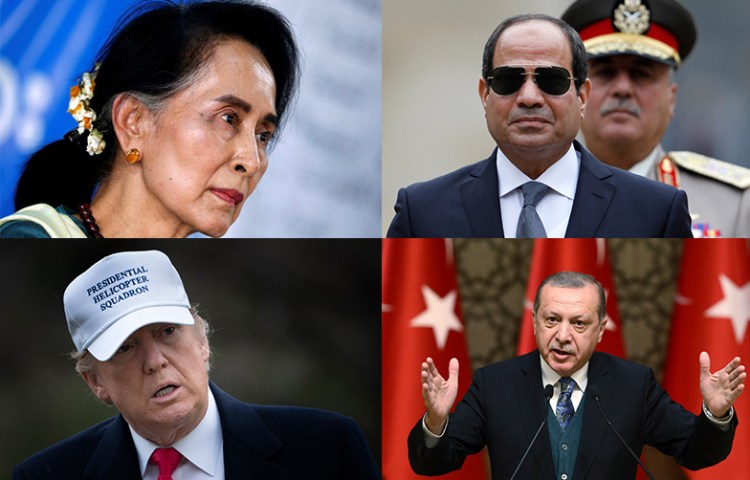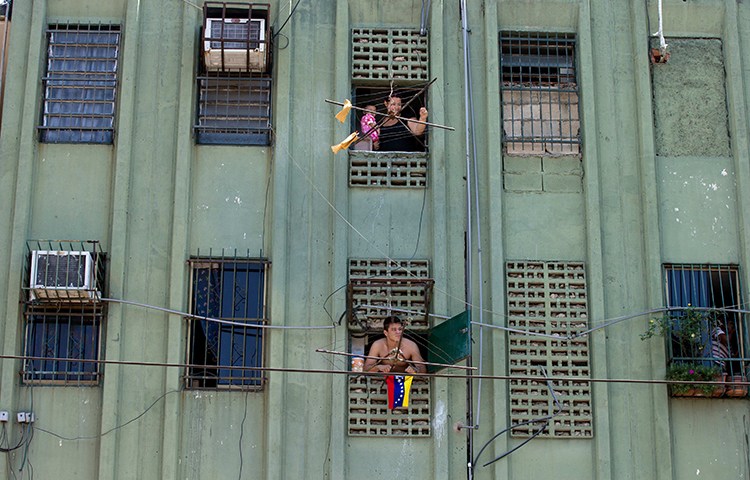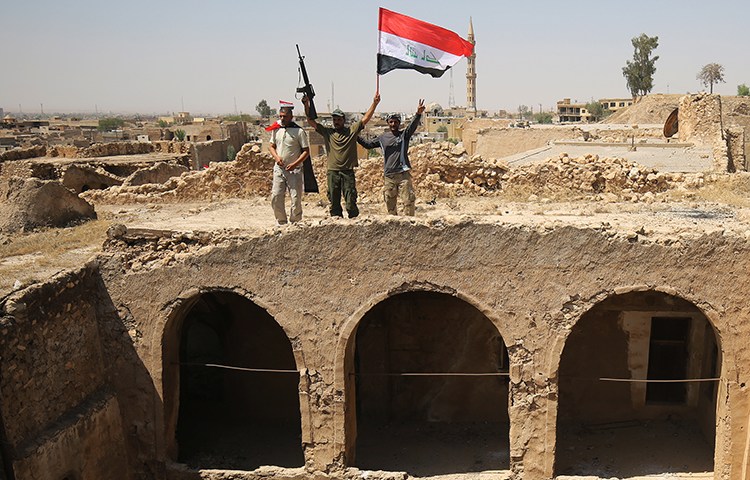
DRC journalist detained, accused of “compromising” president over bread truck photos
New York, January 25, 2018–Authorities in the Democratic Republic of Congo should investigate and bring to justice those responsible for the harassment and detention of Willy Akonda, a reporter with the privately owned ACTUALITE.CD news outlet, the Committee to Protect Journalists said today.

As German hate speech law sinks Titanic’s Twitter post, critics warn new powers go too far
The satirical magazine Titanic appears to have been an unlikely victim of Germany’s recently adopted online anti-hate speech law, NetzDG. “We were truly surprised,” the magazine’s editor-in-chief Tim Wolff told CPJ, as he explained how Twitter blocked the Titanic account for 48 hours after the magazine republished a post Twitter had deleted, in which Titanic…
Philippines revokes registration of news website Rappler
Washington, D.C., January 15, 2018–The Committee to Protect Journalists today condemned an order by the Philippines Securities and Exchange Commission to revoke the certificate of incorporation of the critical news website Rappler, which effectively required it to close down.

Ahead of March elections, Egypt extends state of emergency and tightens censorship
The New York Times reported this week that Egypt ordered a criminal investigation into the paper over its report alleging that an intelligence officer told several TV hosts they should persuade viewers to accept President Donald Trump’s decision to recognize Jerusalem as Israel’s capital. The investigation comes in the same week that Egypt’s parliament voted…

In response to Trump’s fake news awards, CPJ announces Press Oppressors awards
Amid the public discourse of fake news and President Trump’s announcement via Twitter about his planned “fake news” awards ceremony, CPJ is recognizing world leaders who have gone out of their way to attack the press and undermine the norms that support freedom of the media. From an unparalleled fear of their critics and the…

Sudanese authorities seize critical papers after reports on rising food prices
New York, January 8, 2017–Sudanese authorities should stop seizing critical newspapers and allow journalists to report freely on matters of public interest without fear of reprisal, the Committee to Protect Journalists said today.

End of the print run for Venezuela’s regional press as supplies dry up for critical outlets
The lobby of El Carabobeño includes a display of vintage cameras, engraving plates and paper cutters from the 1930s when the newspaper was founded in Valencia, Venezuela’s third-largest city. But now El Carabobeño’s modern printing press could be added to the exhibit.

Islamic State recedes but threats to journalists in Iraq and Syria remain
After three years of fighting in Iraq and Syria, the militant group Islamic State has been forced out of large swathes of territory. But local journalists and press freedom groups with whom CPJ spoke said that the defeat of Islamic State doesn’t necessarily mean that journalists will be any safer.

Iraq’s Al-Anbar Governor orders TV station to close
Beirut, December 18, 2017–The Committee to Protect Journalists today called on Iraqi regional authorities to reverse their decision to close the independent TV satellite channel Al-Sharqiya’s Al-Anbar offices, and allow the channel to operate freely in the area.

From power cuts to powerful threats, Venezuela’s indigenous journalists face a series of challenges in their reporting
Three twentysomethings huddle over a desk in a small room in Tucupita, a low-slung city of about 90,000 people that spills across the Orinoco river delta region in northeastern Venezuela. Far from the tear gas and street conflicts roiling cities including Caracas and Valencia, these journalists are focused on reporting the latest story from the…